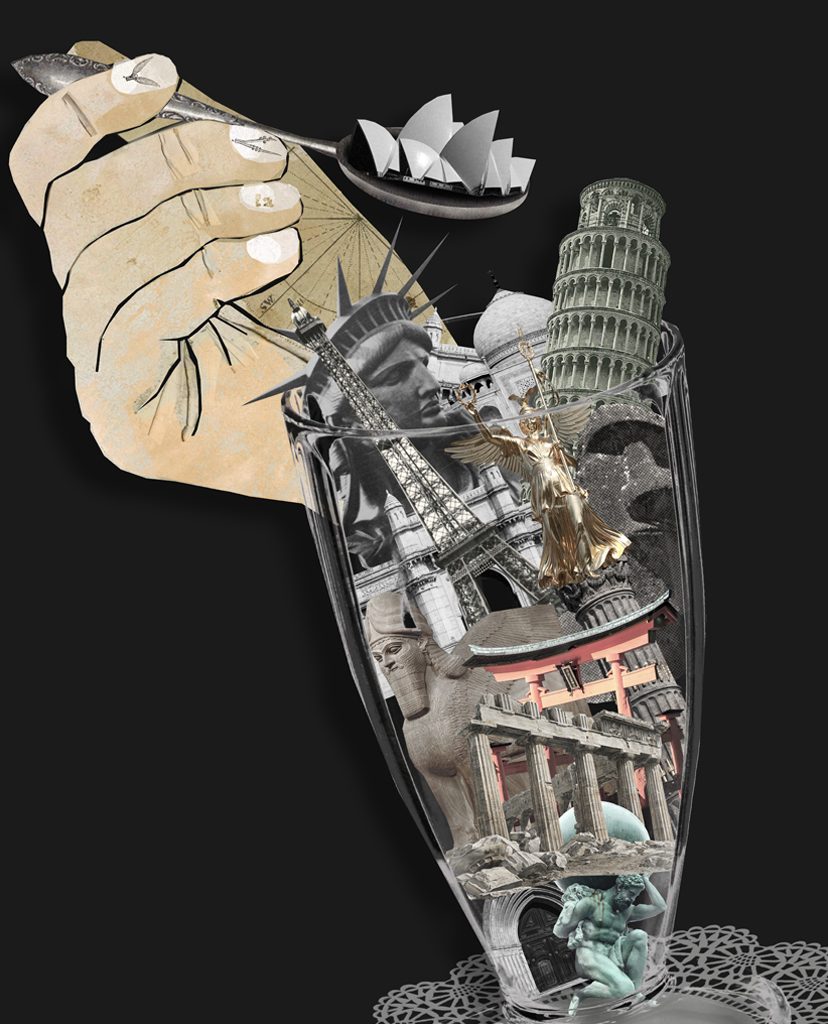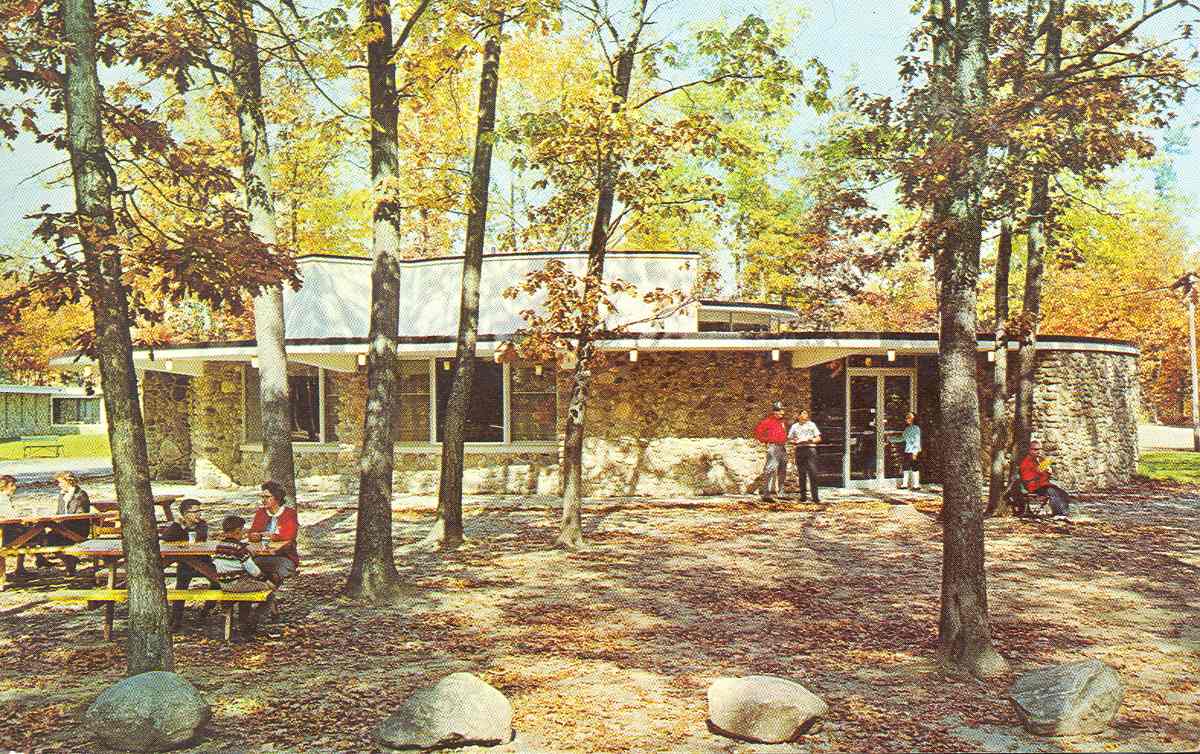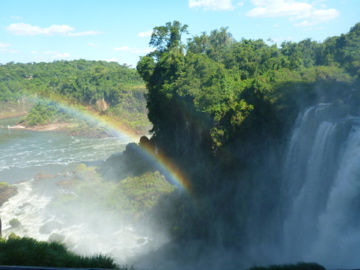“When you arise in the morning, think of what a precious privilege it is to be alive – to breathe, to think, to enjoy, to love.”
“When you’re accustomed to privilege, parity and equity, and equality may feel like oppression.”

I was born with privilege. I’m white. I’m male. I have a relatively healthy body and mind. I was raised by kind and loving parents. I grew up in a safe community. I have lots of friends. I think it’s fair to say that I grew up expecting things to go my way. What a privilege that is. One would think that I would be not only satisfied, but also enormously grateful to have received the gifts I have been given. I am, and yet, I often want more. I want my voice to be heard. I want my points of view embraced. I want to go on living without having to deal with the challenges of age, illness, poverty, loneliness, etc.
While I have always tried to own my privilege, I know that my conditioning and experiences often lead me to get a little bent out of shape when life doesn’t turn out just the way I planned it or imagined it. As I grow older, I’m reminded on a daily basis that life, by definition, does not keep granting me the same privileges I have come to expect. As I approach 80, my runway keeps getting shorter. As an old, white male, my opinions are often seen as irrelevant. I can no longer run a mile under 5 minutes. I am changing and the culture is changing. What a privilege that I can still change. That I can still breathe, think, enjoy life and love.
Privilege is a prerogative for special advantages or rights. It can be gained by birth, social position, or effort. It can have either legal or personal sanction. Privilege can be seen as a right or immunity granted as a peculiar benefit or favor, for example, the rights or immunities attached to a particular office, station, or status in life. A person of privilege is accorded a higher value or superior position than another person.
The question is, “How do we avoid assigning a higher value or superior position to the opinions and desires of people who have achieved, either accidently or on their own, a higher level of privilege than most?” For instance, should the wealthiest among us get more deference and attention than those less fortunate?
Excessive privilege, or the belief that it is deserved, has been a problem forever. White settlers believed that European heritage conveyed upon them the privilege of taking land occupied and nourished for hundreds of years by Native American people. Plantation owners who enslaved people believed that their wealth gave them the privilege to exploit their labor, treat enslaved people as animals, and possess them as property. They even felt they were granted the rights to rape enslaved women and sell their children. Clearly, privilege puts no boundaries on evil.
A few books I recently read illustrate how privilege plays out in contemporary times.
In The God of the Woods, set at a camp in the Adirondacks in 1975, Liz Moore writes about how two girls from entirely different socio-economic status become tight bunkmates. One girl, Tracy, is an awkward and self-conscious 12 year old who was forced to attend camp so her divorced father can spend more time with his new girlfriend. The other girl, Barbara, is a mature, rebellious and self-assured 13 year old who is the only living child of an extremely wealthy family that founded the camp and lives on the hill overseeing it. The different levels of privilege embodied by these two young girls manifest in multiple ways, including the ability to hide secrets through powerful connections.
As such, the novel is more than a mystery about children lost in the woods, it illustrates the differences between the lives of the haves and have-nots. In this story, the privileged get preferential police treatment, criminal justice leniency, and the ability to get away with most of their transgressions while still congratulating themselves on their superiority. Sound familiar? Fortunately, in the God of the Woods, an unlikely and ambitious police investigator—the only woman on the case—uncovers some truths behind this cloistered lifestyle. She also discovers what happens when rich people sense they are about to be held accountable for their abuses of power.
In The Women, Kristin Hannah revisits the Vietnam War but centers the story on the experiences of women—in this case, military nurses who worked in field hospitals to patch young soldiers up from devastating injuries or to hold their hands while they die. In this book, Hannah exposes the tragedies that occur when patriotic duty confronts the barbarity of jungle warfare. The heroine, “Frankie” McGrath, is a 21-year-old, sheltered San Diego debutante who enlists in the Army after her beloved older brother—who thought he was beating the system when he took a “cushy job” in the Navy—was killed in 1966 when his helicopter was shot down. Her extravagantly rich but emotionally stunted parents are horrified. This is not what is supposed to happen to privileged people. In The Women, Hannah exposes the foundational trauma of experiencing atrocities during war as well as the loneliness of returning home to a hostile nation. She also shares the experiences of women in war in compelling new ways and provides a moving perspective from voices that have not been adequately amplified.
As you know from reading this blog, Vietnam was a defining experience for me. As a person of privilege, I had the choice of signing up for military intelligence with the hope that I would get a cushy job in Germany. While it didn’t turn out as I had expected, my year in Saigon, in 1968, was not the same as kids who were conscripted into the infantry and deployed in the jungles, where stifling heat, poisonous snakes, thick underbrush, and Vietcong posed continuous threats. In the jungle, young kids lost their limbs, their lives, and, in many cases, their love of life. In The Women, Frankie picked up the pieces of those shattered lives—physically and emotionally.
Even though there was a draft in the 1960’s that was supposed to even out the risks of who went to war, most privileged kids found options. As a favor to Trump’s father, for example, a Queen’s podiatrist may have written a letter that led to a medical deferment. This avoidance technique was not the exception. Young men from privileged backgrounds expected that they would be able to avoid the horrors of Vietnam. While George W. Bush did serve in the National Guard, that assignment didn’t typically result in deployment overseas. Because of this non-deployable status, these slots were highly sought after. Generally, a person had to have a connection in “high places” to get one of these assignments. His father not only had those connections, but also gave him cover when he didn’t even show up for regular training.
What continues to haunt me about the Vietnam War are the stories of the 58,000 American soldiers who lost their lives there, over 60% of whom were under the age of 21. To make it worse, 76% of the soldiers who served in Vietnam came from lower, middle, or working class backgrounds.
Privilege pays off.
Now that there is no longer a draft, the percentages of underprivileged kids sent off to war are even higher.
But to get to the point, not only does privilege pay, but it also breeds more privilege. Raphael Warnock, the Senator from Georgia, said it well:
“When you’re accustomed to privilege, parity and equity and equality may feel like oppression.”
What a far cry that is from the words of Marcus Aurelius: “When you arise in the morning, think of what a precious privilege it is to be alive—to breathe, to think, to enjoy, to love.” You may recall that Aurelius was a Stoic philosopher focused on ethics and wisdom and the Roman emperor from 161 to 180. Oh, for a little more stoicism in our culture.
The big question for me is:
How do we bridge the gap between the twin truths of Senator Warnock and Marcus Aurelius?
I have seen too much abuse of privilege in my life. I see people of means creating enormous carbon footprints with their housing choices and travel plans. I see wealthy donors demanding attention for their personal projects and access to the halls of power. I see gated communities staying enclosed in their protected bubbles while fighting against any regulations that might mean inclusion or intrusion of multi-family homes, unhoused people, immigrants, or therapeutic facilities.
Hey, I get it—I am totally guilty here. My kids and grandkids went to private schools. I spent a good share of my career helping rich people get richer. I live in an idyllic and pristine environment In Northern Michigan. I like nice cars and great restaurants. AND, I recognize the temptations and slippery slopes of the life I have chosen. My point is that we need to own the realities and the dangers of privilege.
While it is true that privilege pays, there is also a price to pay for too much privilege.
We may quit breathing deeply. We may quit thinking broadly. We may quit enjoying life fully. We may quit loving boundlessly.
We may do whatever it takes to protect our “privileges.”
I’m hoping we can notice when we have become too accustomed and addicted to our privileges. I’m hoping that we can have the humility and honesty to acknowledge when we feel the slightest bit oppressed by initiatives to improve parity, equity, and equality. I’m hoping, in these hectic and horrifying times, that we take time to breathe, that we challenge ourselves to think broadly, and that we enjoy more fully the privilege and power of giving generously and loving passionately. May it be so.
Also published on Medium.



One of your best Ricky! Amen, and way too close to home! Thank you